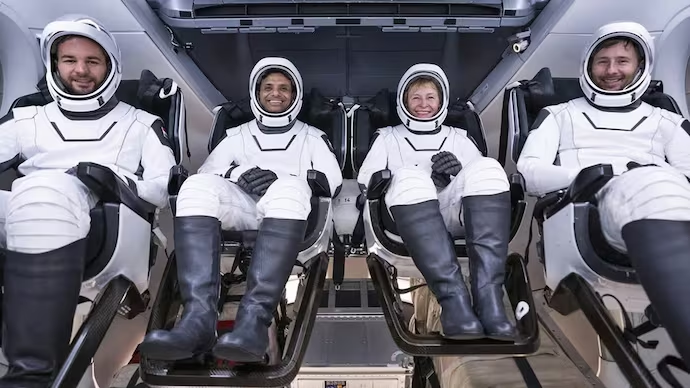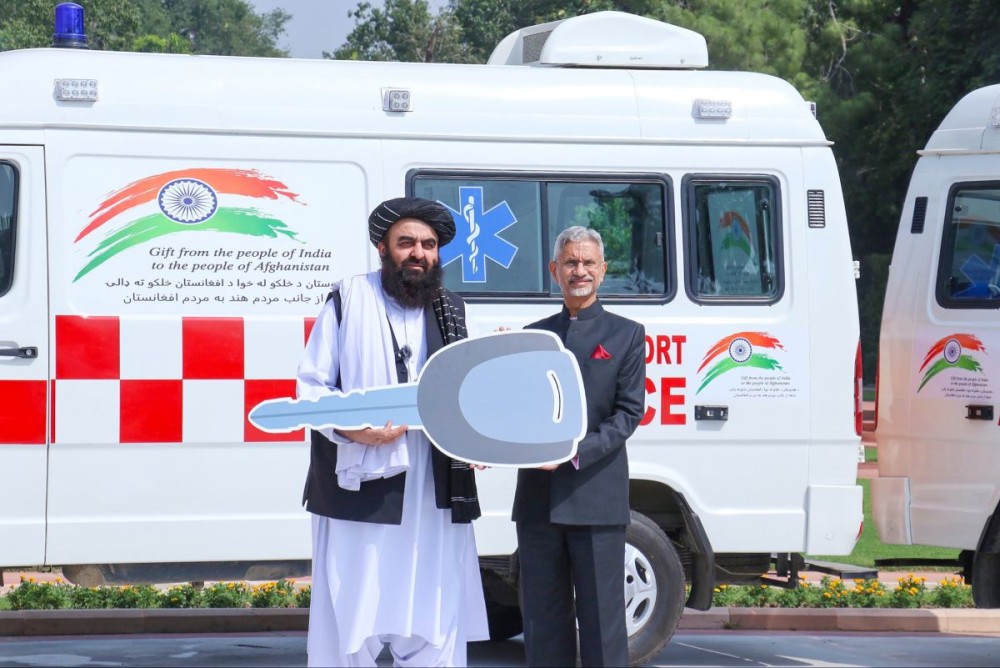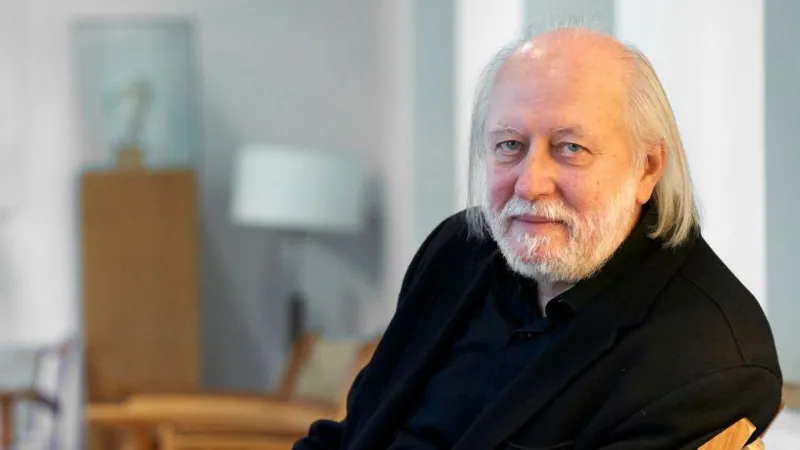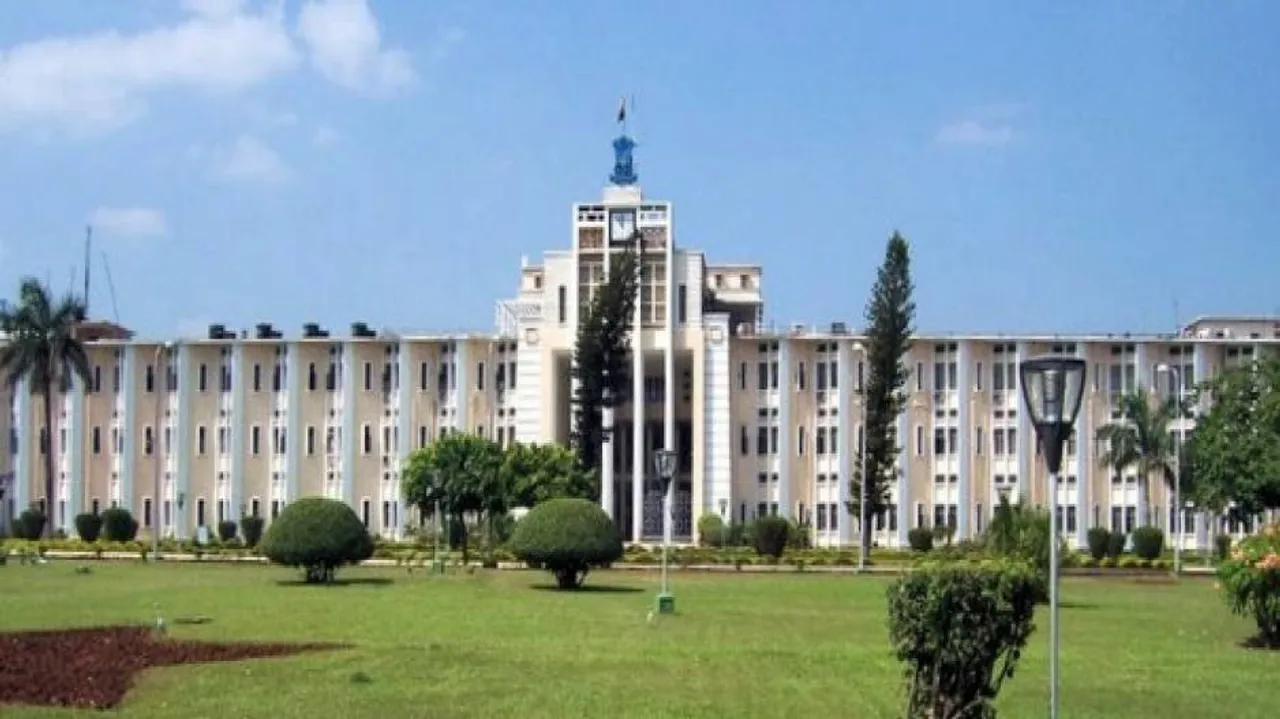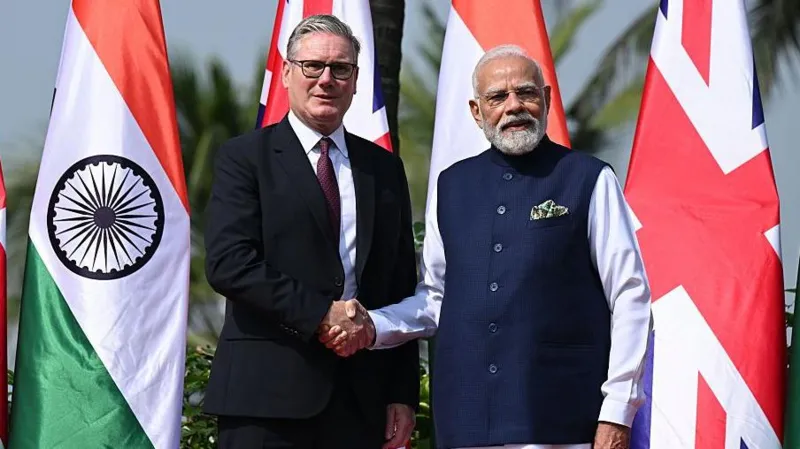In a moment that rekindles India’s space legacy after 40 years, Group Captain Shubhanshu Shukla of the Indian Air Force has become the second Indian to travel to space — and the first to journey to the International Space Station (ISS). His successful launch aboard a SpaceX Dragon spacecraft as part of Axiom Space’s Ax-4 mission marks a historic chapter in India’s space journey, igniting national pride and global recognition.
A Giant Leap After Rakesh Sharma
The year was 1984 when Wing Commander Rakesh Sharma etched his name in history by flying aboard a Soviet Soyuz spacecraft, becoming the first Indian in space. Born just a year later, Shubhanshu Shukla grew up inspired by Sharma’s celestial feat. Now, four decades later, Shukla has carried that dream further — this time to the floating research laboratory that is the ISS.
The Launch: Precision Meets Power
On a crisp Florida morning, Shukla, nicknamed “Shux” by his team, blasted off from NASA’s Kennedy Space Center on board the SpaceX Falcon 9 rocket. The rocket’s Merlin engines thundered into action, lifting the Dragon spacecraft into Low Earth Orbit with stunning precision. The launch was flawless, with the Falcon 9’s first stage returning to Earth in a perfect vertical landing.
An International Crew of Trailblazers
Shukla is joined by a multinational crew:
-
Dr. Peggy Whitson (USA): Mission Commander and NASA legend, with 675 cumulative days in space, making her the most experienced American astronaut.
-
Sawosz Uznanski (Poland): Representing the European Space Agency, Uznanski is a physicist and former CERN engineer, focusing on microgravity experiments.
-
Tibor Kapu (Hungary): A polymer technology expert and key member of Hungary’s HUNOR space program, contributing to material science and radiation shielding research.
This diverse team brings a wealth of knowledge to the AX-4 mission, uniting nations under the banner of scientific exploration and peaceful space collaboration.
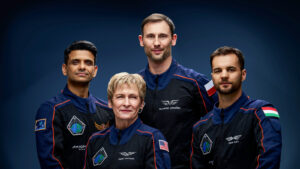
India’s Space Journey Reignited
Shukla’s flight to the ISS is more than just a personal milestone — it signals India’s growing involvement in international space missions, science diplomacy, and commercial human spaceflight. His journey reflects a broader narrative: India is not only building its own human spaceflight capability (Gaganyaan) but is now an integral player in global crewed missions.
What’s Next?
As Shukla and his crew work aboard the ISS, they will carry out cutting-edge scientific experiments, ranging from biology to materials science under microgravity. His presence also serves as a bridge for India’s aspiring astronauts and students dreaming of the stars.
Final Thoughts
From the frozen steppes of Kazakhstan in 1984 to the Atlantic coast of Florida in 2025, India’s space story has come full circle — and expanded into new orbits. Group Captain Shubhanshu Shukla’s mission to the ISS is not just a leap into space, but a symbol of India’s space-faring future.


